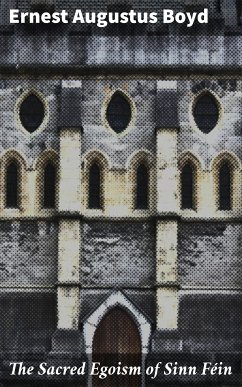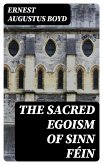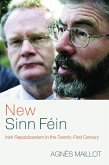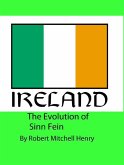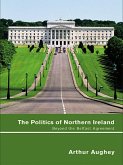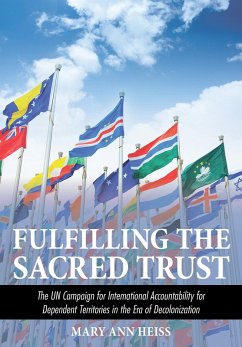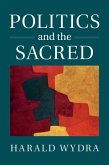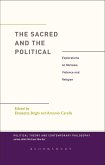In "The Sacred Egoism of Sinn Fv©in," Ernest Augustus Boyd presents a meticulous exploration of the ideological underpinnings of Sinn Fv©in, the political party synonymous with Irish nationalism and independence. Boyd'Äôs prose is both incisive and accessible, blending historical analysis with lyrical reflections that illuminate the complexities of nationalism. The book is set against the backdrop of early 20th century Ireland, a period marked by socio-political upheaval and the quest for self-determination, providing readers with a rich context that deepens their understanding of Sinn Fv©in's philosophy and tactics. Boyd, a scholar with deep roots in Irish history and politics, draws upon his extensive knowledge and personal experiences to craft a narrative that resonates with fervent nationalism. His commitment to examining the motivations behind political movements is evident, and his multifaceted approach reveals both admiration and critique of Sinn Fv©in. Boyd'Äôs expertise is further enriched by his engagement with contemporary debates and historical texts, which lends a scholarly rigor to his examination. For readers interested in the intersections of nationalism, politics, and identity, "The Sacred Egoism of Sinn Fv©in" offers a compelling and thought-provoking account of a pivotal moment in Irish history. Boyd's keen insights are essential for anyone looking to understand the motivations and aspirations that continue to shape the Irish political landscape.
Dieser Download kann aus rechtlichen Gründen nur mit Rechnungsadresse in A, B, BG, CY, CZ, D, DK, EW, FIN, F, GR, H, IRL, I, LT, L, LR, M, NL, PL, P, R, S, SLO, SK ausgeliefert werden.

